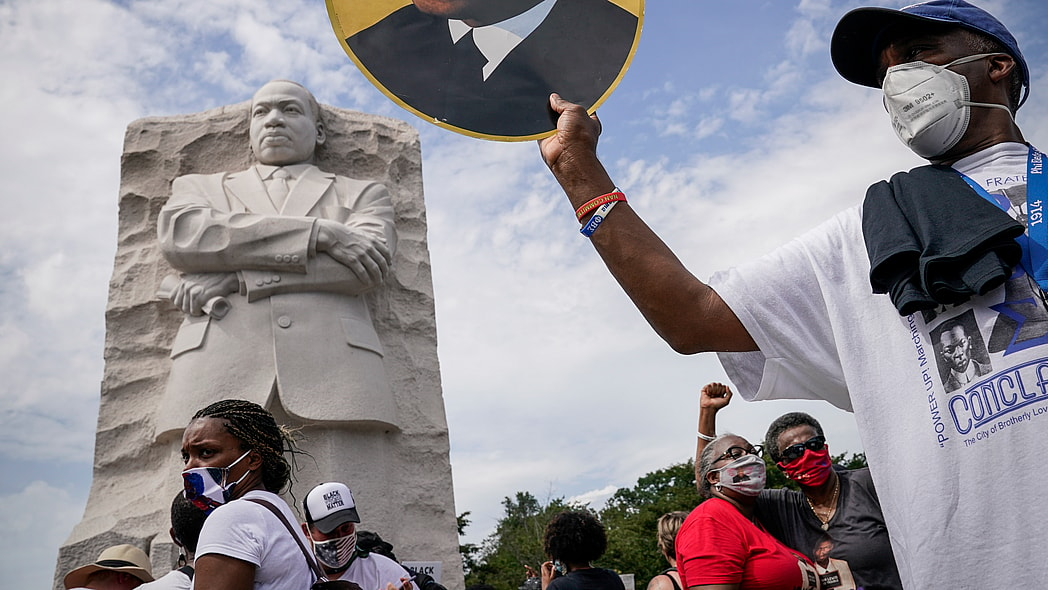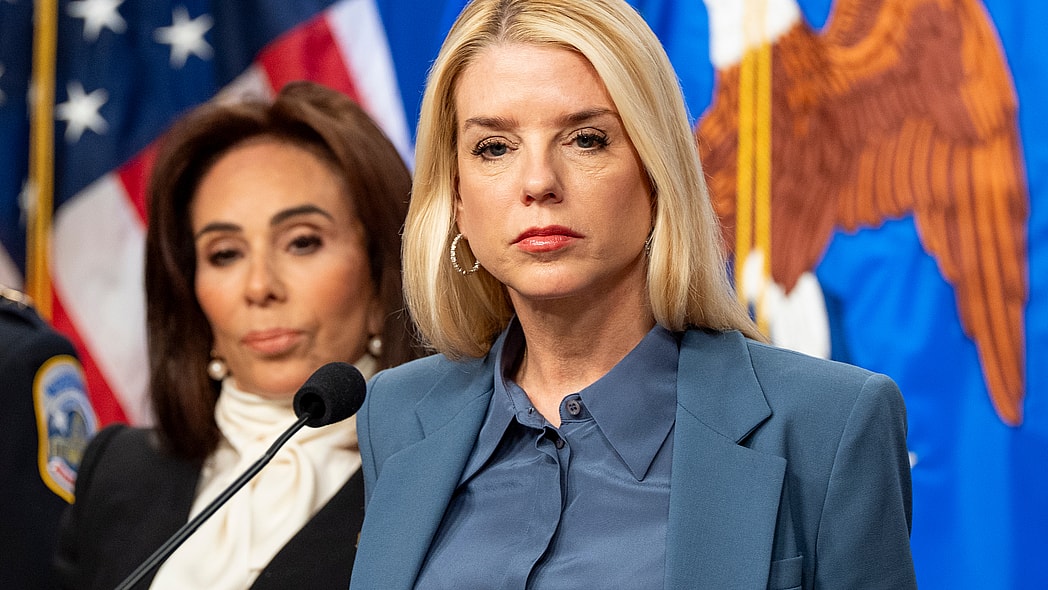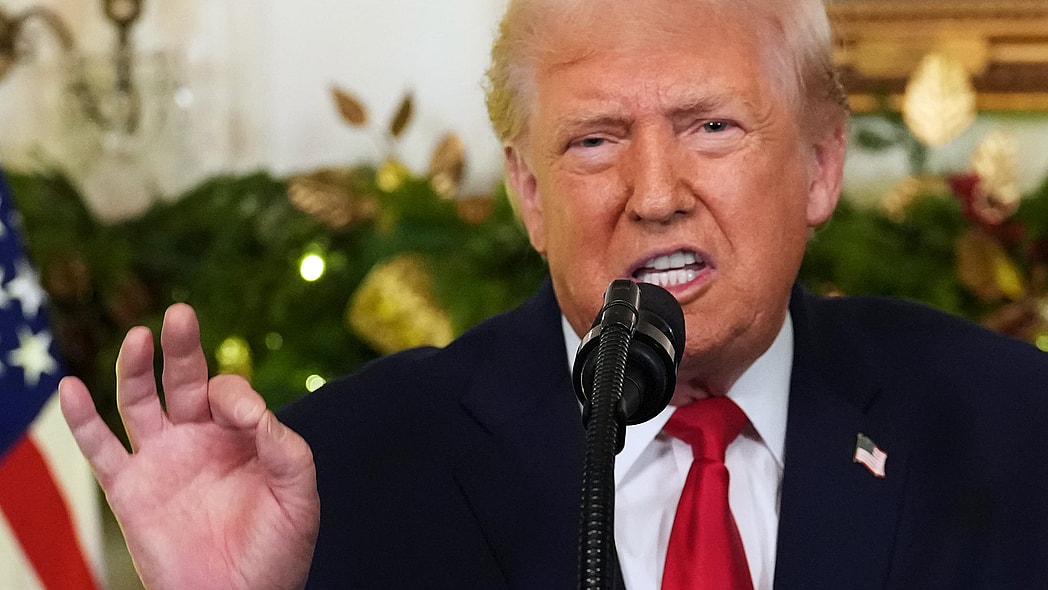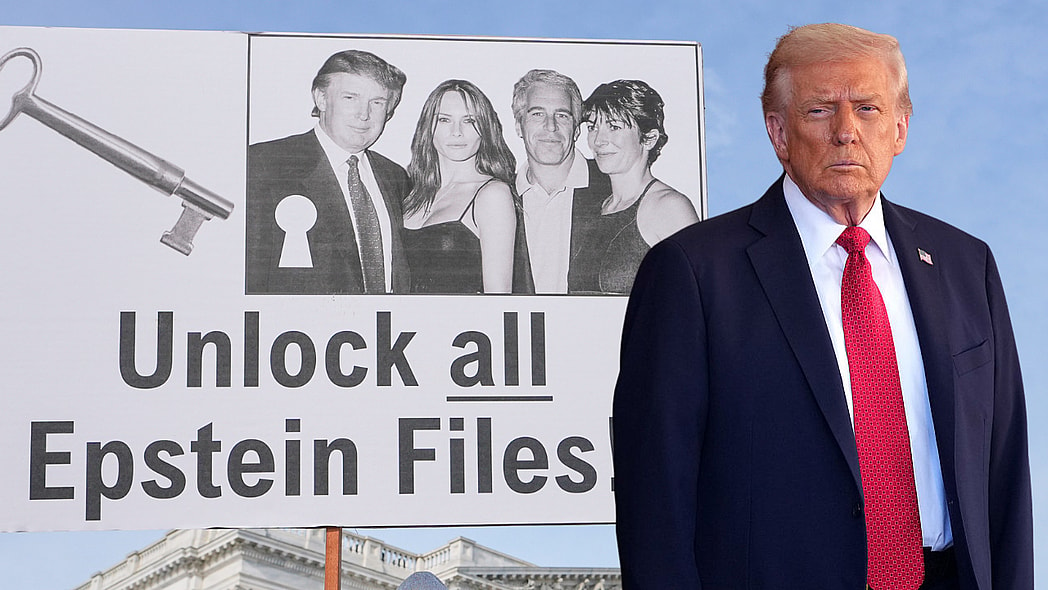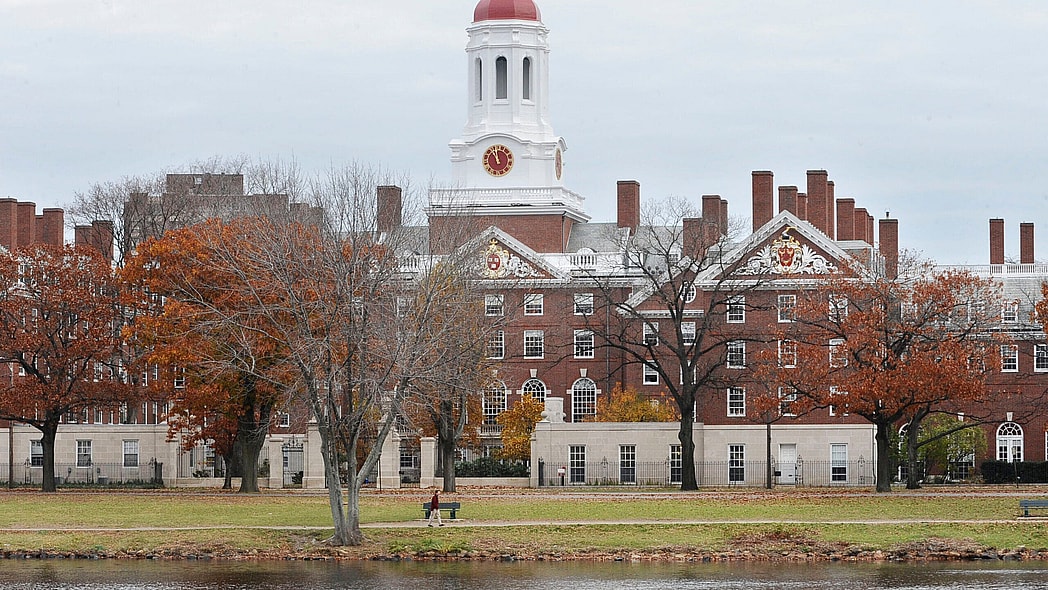Editor’s note: The following article is an op-ed, and the views expressed are the author’s own. Read more opinions on theGrio.
Martin Luther King Jr. Day brings me a rush of contradictory feelings — painful and joyous memories, gratitude and disappointments, and hopes and fears.
My most painful memories are of Dr. King’s assassination on April 4, 1968, when I was 8. My family and the entire Black community in my hometown of Kenner, Louisiana, were plunged into mourning as if a close relative had suddenly and tragically been gunned down.
I was scared and confused and cried myself to sleep. I resolved to carry on Dr. King’s work in any way I could when I grew up.
My most joyous memory associated with Dr. King came on Nov. 2, 1983, when President Ronald Reagan signed legislation creating Martin Luther King Jr. Day as a federal holiday on the third Monday in January, after originally opposing the measure
I was honored to have played a role in winning congressional approval of the holiday. The late Rep. John Conyers, D-Mich., introduced legislation honoring the civil rights icon four days after King was murdered.
I joined the holiday campaign in 1981, soon after graduating from Louisiana State University. Working as a congressional intern, I got to know Rep. Conyers and many of the leaders in Congress who had championed this cause. I volunteered to be part of the effort.

In 1982, I served as mobilization director for a March on Washington in support of the creation of a King holiday and, as I wrote in my memoir “Cooking With Grease,” we estimated we brought out 150,000 people, exceeding all expectations.
The effort succeeded because of the work of elected officials, Dr. King’s widow, Coretta Scott King, civil rights leaders, labor unions, the religious community, students, allies from every race, and humanitarian activist and singer Stevie Wonder. He helped to revive the campaign with a popular song endorsing the holiday, and he assumed responsibility for helping to recruit other artists to help mobilize and lobby Congress.
On top of this, Stevie made numerous trips to Washington to help push advocates to lobby lawmakers in Congress to overcome the opposition of a few Southern Republican senators.
Recommended Stories
I was part of the effort that collected 6 million signatures on a petition submitted to Congress to support the creation of the King holiday. I traveled around the country organizing signature drives on college campuses and in other places where I knew we would get support. Eventually, we were successful. This was a victory not just for Black folks, but the country. King was an incredible historical figure who helped to transform the country through peaceful, nonviolent direct action.
We must celebrate not just the man, but his vision and his deep and abiding commitment to the American dream and the inclusion of all in the great fabric and foundation of this nation.
This year marks the 70th anniversary of the Supreme Court decision that outlawed racial segregation in public schools, and the 60th anniversary of the Civil Rights Act of 1964 that outlawed employment discrimination and racial segregation in public accommodations (such as stores, restaurants and hotels).
This year is also the 59th anniversary of the Voting Rights Act of 1965, which barred governments at all levels from creating obstacles to voting based on race or ethnicity. It enabled my parents to vote for the first time in their lives.
I’m grateful for all that Dr. King and so many other people — famous and unknown — did to achieve these milestones and bring America closer to the ideal of “liberty and justice for all” expressed in the Pledge of Allegiance and the belief that we are all created equal, as expressed in the Declaration of Independence.
Are we there yet? No, but no one should try to push us backwards. We must continue to march for freedom and the right to vote. It’s disappointing that Supreme Court decisions have weakened the Voting Rights Act and outlawed race-based affirmative action in college admissions.
And it’s disappointing that some Republicans have falsely attacked diversity, equity and inclusion programs as discrimination against white people, when in reality DEI programs open the doors to the American Dream wider for all and benefit employers and our nation.
I have hopes that men and women committed to Dr. King’s dream will stand up, speak up and start to organize in their communities just like King and so many others did. We cannot afford to be silent when some folks are trying to erase Black history and spread malicious lies about programs aimed at lifting people out of poverty. If we don’t carry on Dr. King’s work, who will do it for us?
Finally, as President, Bill Clinton signed a bill into law in 1994 called the King Holiday and Service Act that encourages Americans to spend the day in service to their communities, following the example of service to others that was the guiding principle of Dr. King’s life. That’s a fitting way to honor the civil rights giant.
And another important way to honor Dr. King is to vote this November to bring his dream to life. Dr. King was jailed, beaten and assassinated to give Black people our voting rights and many other rights. Let’s take advantage of these rights that he and others sacrificed everything to achieve.
I believe in Dr. King’s dream of an American free of racism and blessed by equality for all. But Dr. King didn’t just dream — he took bold actions to make his dream come true. He was only 39 when he died. It’s up to us to finish the march for freedom and equality for all.
The torch has been passed to us to follow in his footsteps this Martin Luther King Jr. Day and every day.

Donna Brazile is a veteran political strategist, Senior Advisor at Purple Strategies, New York Times bestselling author, Chair of the J. William Fulbright Foreign Scholarship Board, and sought-after Emmy- and Peabody-award-winning media contributor to such outlets as ABC News, USA Today and TheGrio. She previously served as interim Chair of the Democratic National Committee and of the DNC’s Voting Rights Institute. Donna was the first Black American to serve as the manager of a major-party presidential campaign, running the campaign of Vice President Al Gore in 2000. She serves as an adjunct professor in the Women and Gender Studies Department at Georgetown University and served as the King Endowed Chair in Public Policy at Howard University and as a fellow at the Institute of Politics at Harvard Kennedy School. She has lectured at nearly 250 colleges and universities on diversity, equity and inclusion; women in leadership; and restoring civility in American politics.
Never miss a beat: Get our daily stories straight to your inbox with theGrio’s newsletter.

